
How To Run a Successful Trivia Night
Ultimate Guide For Everything Trivia
9 min read


Who This Is For
Bar and restaurant owners or managers who want to lift slow weeknights.
Staff members in charge of entertainment and production.
Community venues that want a recurring, family-friendly event.
Running and organizing any event can be stressful, especially trivia night. From the question creation and difficulty, to audio compilation, to venue setup, to having a charismatic quizmaster, just to name a few things. So here is a quick and simple guide you can follow to help you plan for your next trivia night. From going over the equipment and resources you should have, to helping you prepare for scenarios that might come up. This is the ultimate guide and checklist to making sure your trivia night is one that people will remember positively.
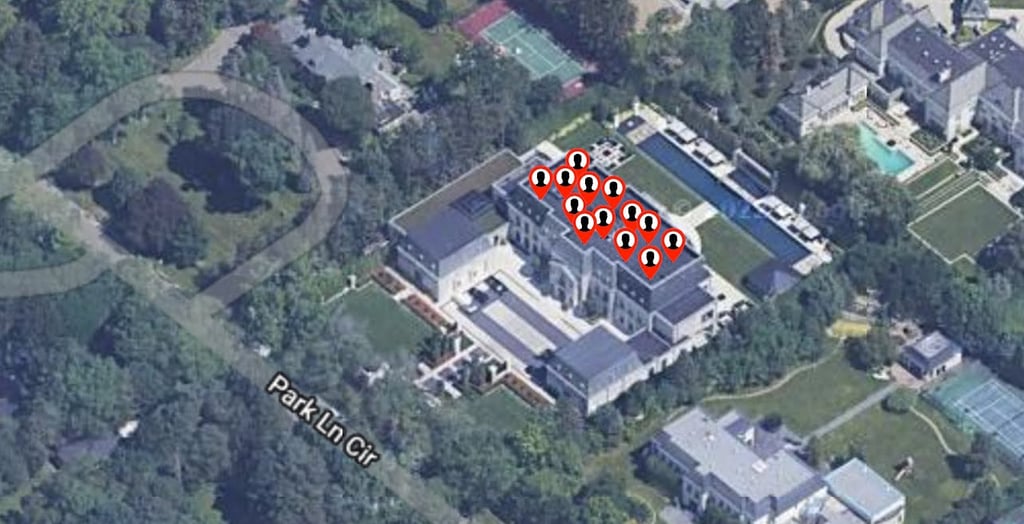

1. Location:
This almost goes without saying, but you need a place where you can host trivia nights. Whether it’s at a bar, restaurant, or even someone’s house, a location that’s central and/or easily accessible to patrons is paramount to any event and gathering. The setting of trivia itself should be played in an open space, allowing everyone to hear the host/quizmaster while also insuring every team can see each other encouraging the integrity that everyone plays fairly and not secret looking up answers on their phones


2. Host/Quizmaster
Aside from a venue your host or quizmaster plays just as big a role to the whole trivia experience as does the questions and overall environment. A good host can turn any boring night into a roaring atmosphere, while a bad host can turn a promising event into a disaster no one wants to return to. So try to find someone who loves the spotlight, has a clear voice, friendly presence, and is not afraid of public speaking.
Bonus points if you can find a host or staff member who already loves trivia, pop culture (celebrities, movies, tv shows, etc.), or nerd culture (academia and educational work). There’s a reason why Ken Jennings is the host of Jeopardy! and not anyone else.
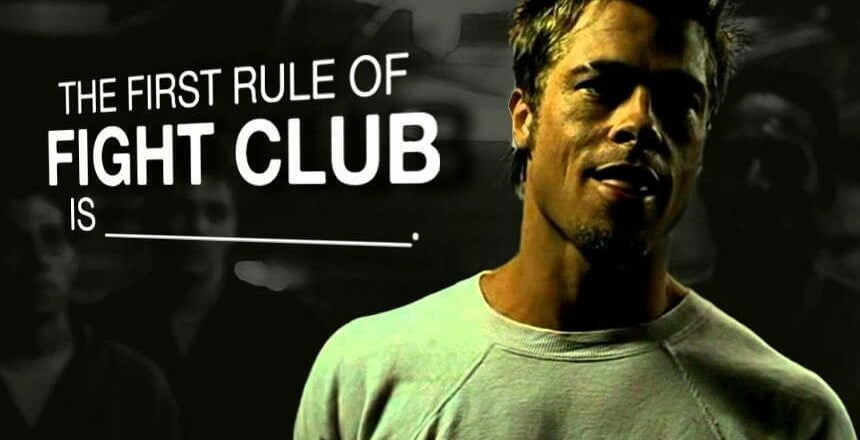

3. Rules and Regulations
Have a set of rules and regulations that you have and need to go over or head over to our Rules and Regulations section on our website, where we go over the best format to run trivia nights along with a script you can read or modify to your own liking. Click Here.


4. Content Creation: Question Making and Categories
Have a set of categories and questions ready to go or head over to our Kickstarter Trivia Packs section on our website, where we have pre-made trivia questions and content you can download and are ready to go and set up. Click Here.
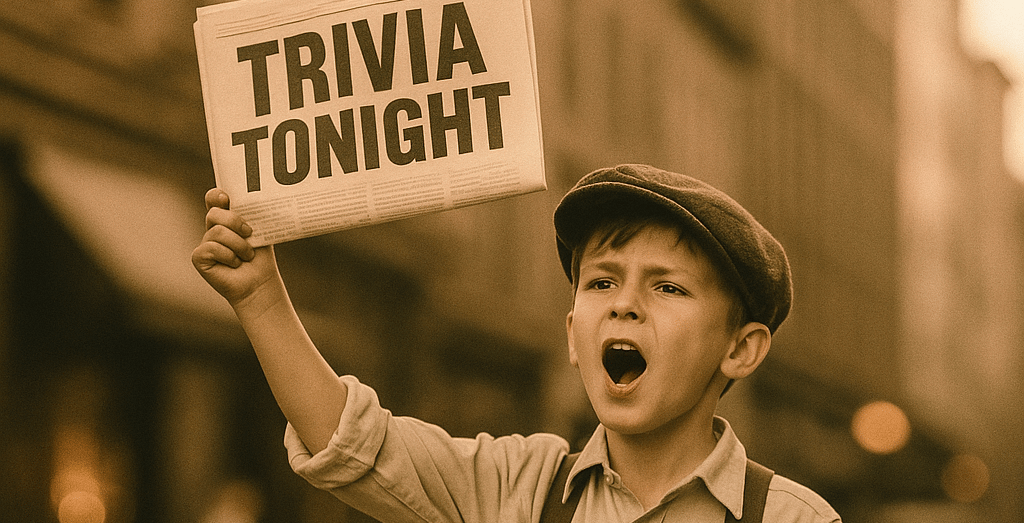

5. Promoting Trivia Nights
Have some promotional content ready to share or head over to our Promotional Posters section on our website, where we have pre-made trivia posters you can screenshot, download, and post for your own establishment. Click Here.


6. Technology – Microphone and PA Systems:
Not having a microphone while doing trivia or any event might now seem like a big deal. But I assure you, the absence of a microphone and proper audio equipment is glaring and will be annoying for everyone. Hosts losing their voice half way through the night from shouting out questions, to teams needing to constantly ask for questions to be repeated. Save yourself the nightmare, and use a microphone and speaker. Check out some of the best speakers, microphone, and karaoke sets Here on Amazon.com.
Additionally, having a laptop is also recommended. Trying to read questions off and/or updating scores on one’s cellphone is quite a nuisance.


7. Prizes and Prize Structures:
Everyone loves winning something, but winning at trivia – a game where wit and intelligence is what leads to success – needs to be celebrated. Have a prize ready for first place teams or bonus questions teams can get and win. Here are some prize ideas you can implement:
Food or Drink: Teams could receive a round of drinks, an appetizer, a dessert, or an entrée.
Percentages: Teams could receive a percentage off of their tab (30% for first, 20% for second, and 10% for third). The discount could be applied that night, or be in the form of a certificate they can use the next trivia night.
Discounts: Teams could receive a cash discount or win a gift card.
Clothing or Accessories: Does your establishment have T-Shirts or cool products teams can win and earn?
Monthly Prizes: Offering a monthly prize to the team that has the highest cumulative points for the month will also lead to repeat customers and more excitement.
Status, Recognition, Bragging Rights: Take a picture of the winning team and place it on your Facebook page (or on the website of the bar/restaurant).
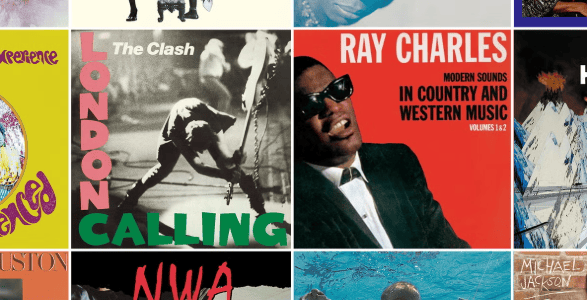

8. Content Creation: Special Rounds – Audio, Pictures, Bonus Questions, Tie Breaker Questions
Adding special rounds intermittently within trivia night adds a little more flair but aren’t required.
Audio rounds should usually be music related but the use of podcast episodes, YouTube sound bites, or even passages of audio books can also be used to great effect here.
Picture rounds can literally be anything, though visual contents that revolve around: history, geography, movies, and tv shows, work best.
Bonus questions can be played between rounds, and is a great opportunity to ask some of your own creative questions. Either the host/quizmaster can ask a question that pertains to them and their interests, or a question could be about something that is happening or has happened around the city.
Bonus questions are the part of the game where creativity can be explored. Try to have multiple choices (A, B, C, D) if the question is very niche or obscure, and teams who get the correct answers can win a small prize or earn a little bit of points that can be added to the main game.
Tie Breakers: If two teams are tied by the end of the final question. A good tie breaking question should be a number related question, ideally a huge number that no one would even know. And have both teams guess, and whichever team is the closest, whether higher or lower, is the winner of trivia.
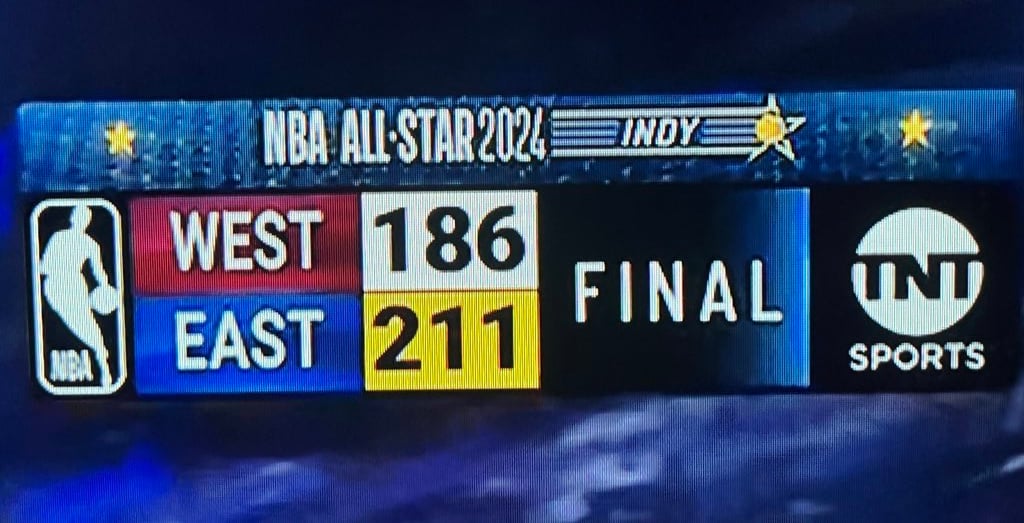

9. Scoring System, Ruling, Cellphone Use, and Challenges
There are many approaches to how scoring works in the realm of trivia. But what often works best is having a two point scoring system. For example, one point for getting a person’s first name and another point for getting the person’s last name. One point for the song title and another point for the band/artist. This allows teams to gain at least one point for an answer while also encouraging teams to make educated guesses when they don’t know a question.
Ruling (or grading) can be a hot point of contention. There are basically two schools of thought, both are valid.
One approach is having opposing or neighboring teams do peer review and exchange answer sheets and mark whether a team is correct or incorrect. This allows teams to play fairly while also discouraging the frequency of blatant cheating and lying about scores.
The other approach is by having teams follow and adhere to an honor system that each team will mark their own answer sheets and will be honest on what their answers and scores are.
Both approaches work, but the key is consistency at the establishment. If peer review is what’s first used and patrons are comfortable with that, peer review it is. If the honor system is what’s first used, the honor system it is. Until patrons object, only then should a change in ruling be addressed.
Cellphones and the use of cellphones are not permitted. Part of the fun is knowing what things are off the top of your head and sparking conversations. Hosts/quizmasters shouldn’t have to explicitly say “No cellphones” (as it’s probably a social agreement not to pull out your phone in an environment like this). But they have the full right and power to call out teams if there are cellphones present and/or blatant cheating.
Disqualification of points, disqualification of future participation, or disqualification of that evening’s event is more than a reasonable recourse. More often than not, no team wants a negative reputation, so it’s likely most teams will be honest and will not cheat.
Objections are natural in an environment where facts matter. Teams might want to challenge a question, which is why it’s extremely important to double, even triple check the answers to the questions that are being asked. The best way to handle objections and challenges is to simply avoid them in the first place.
Have the correct answer ready so there’s no room for misinterpretation or rebuttals. In the end, what the host/quizmaster says is final, so make sure if you’re the host/quizmaster you have the correct answers.
Sidenote: A host/quizmaster is not obligated to explain themselves after the revealing of the answer (unless it’s really obvious the host/quizmaster is in the wrong). Hosts/quizmaster shouldn’t be rattled just because one person objects or wants a further explanation of the question and answer.
Chances are these types of people won’t show up to trivia often, and if they want to know more about something. They can Google the question and answer for themselves after the game. But for the sake of time and moving things along, decisions are final.


10. Duration and Timing
Trivia night should be a fun activity with relatively low stakes. So keep games between 75-90 minutes. Less than an hour and people won’t feel like it’s worth going out in the first place (depending on how far they live from the establishment). More than 90 minutes and people will leave prematurely (and will not want to return) because the event became a drag. They didn’t sign up to have their time wasted, so respect people's time, keep it light and have fun.
The ideal start and end times for trivia should be 7:00-8:30 PM. Anything earlier and people won't have time to commute and get to the establishment. Also keep in mind that people want to have a little bit of time to mingle and talk amongst themselves. While a later start time, and people won't be able to stay out too late (thus not showing up to trivia to begin with). Be mindful that some people want to also to get home and still have time in the evening to decompress and get ready for the next day.
As a rule of thumb, the reading of every question should have a 20-30 second pause between each reading. Strike the balance in your timing to keep the game moving yet suspenseful; don’t take too long that the game becomes a snooze fest and don’t go too fast that players can’t keep up. You can usually tell when the teams are done by the increased chatter. Quiet chatter usually means they are discussing the question, and when things start to get louder, it usually means they are ready for the next question.
Conclusion: You're a Rockstar, Get the Show On, Get Paid
So there you have it. A quick comprehensive guide on how to run your next trivia night along with everything you need. Click Here for our Kickstarter Trivia Packs where we have four trivia packs (4×7 rounds, 280 questions), including printable answer sheets, audio clips, picture rounds, and a scoring template you can download and use to help you get started.
Like what we have and want more trivia, subscribe to our monthly subscription of Fresh Baked Trivia where we deliver to you new trivia content every Monday including audio clips, picture rounds, and breaking news. Click Here
